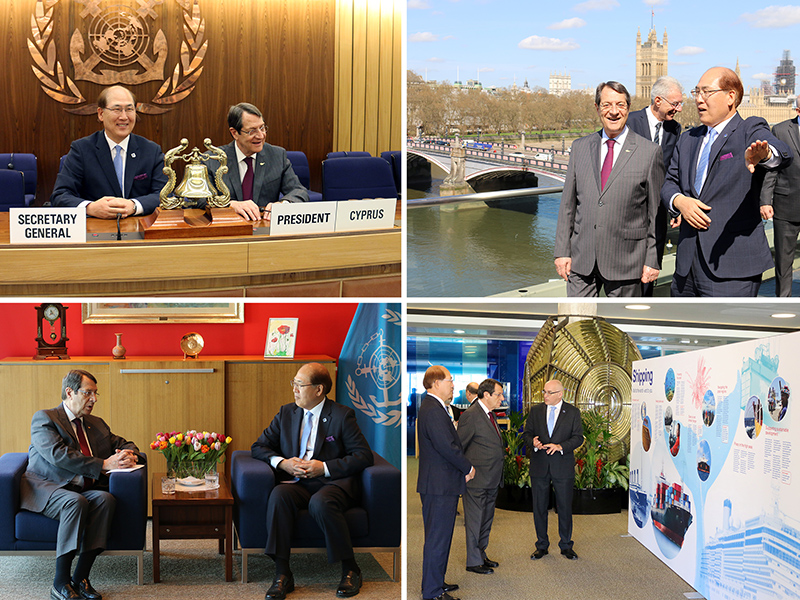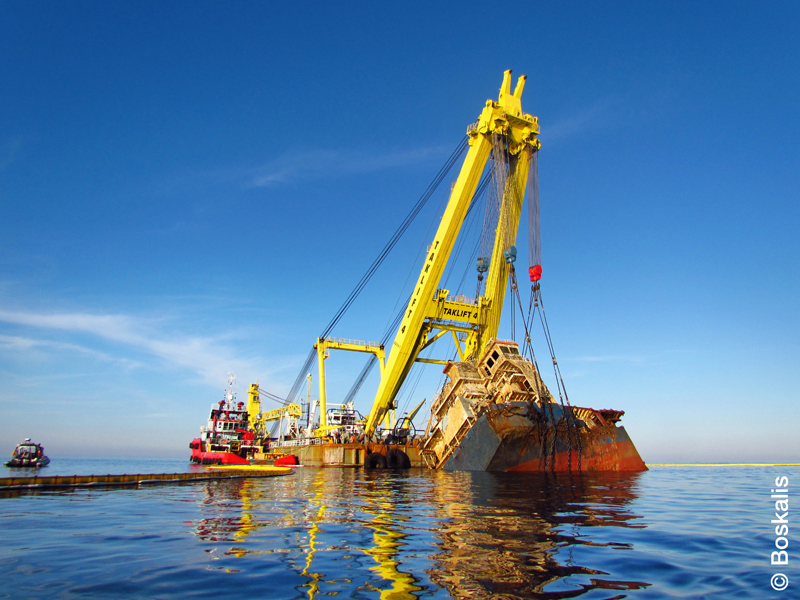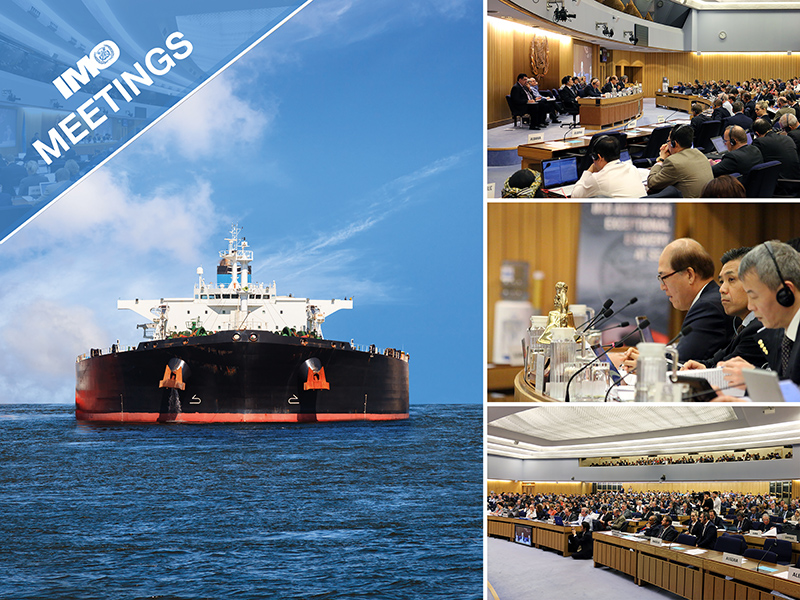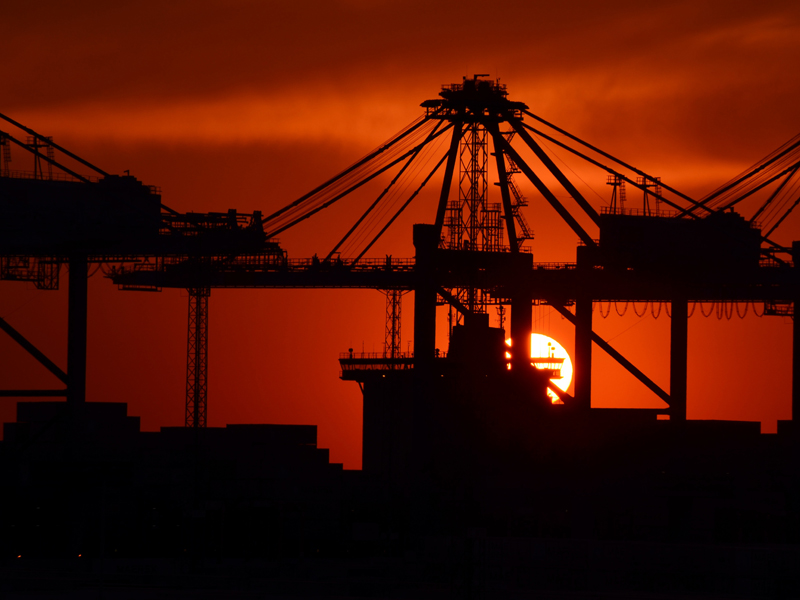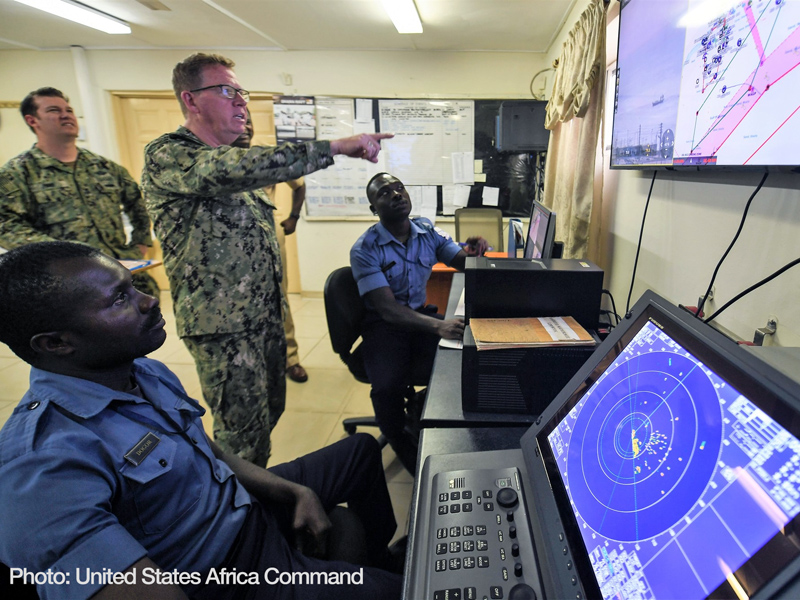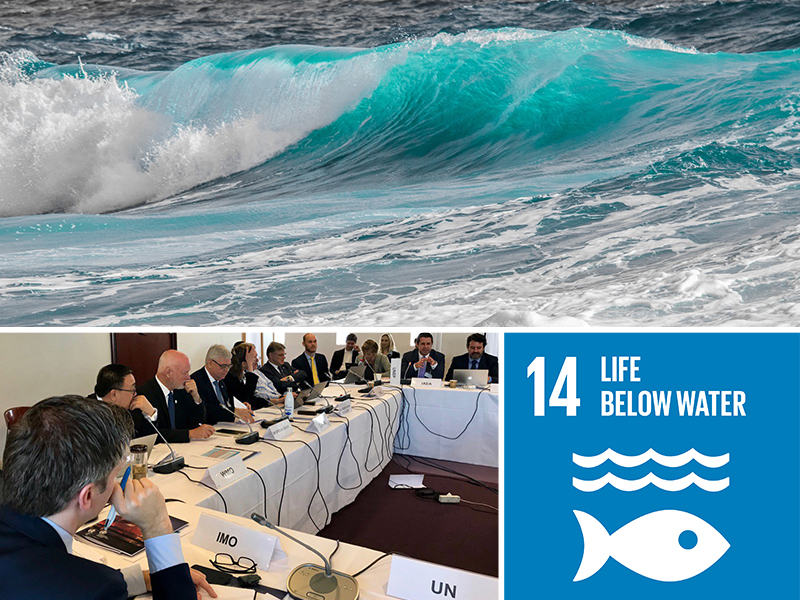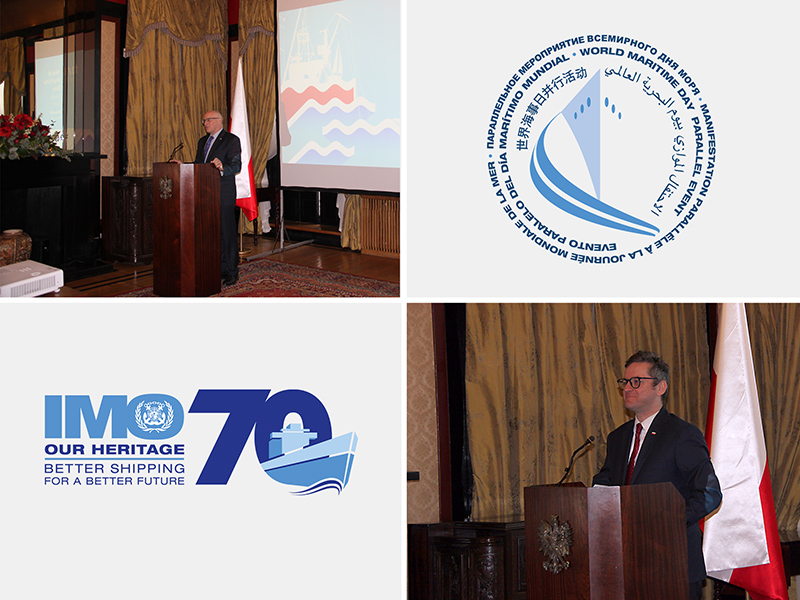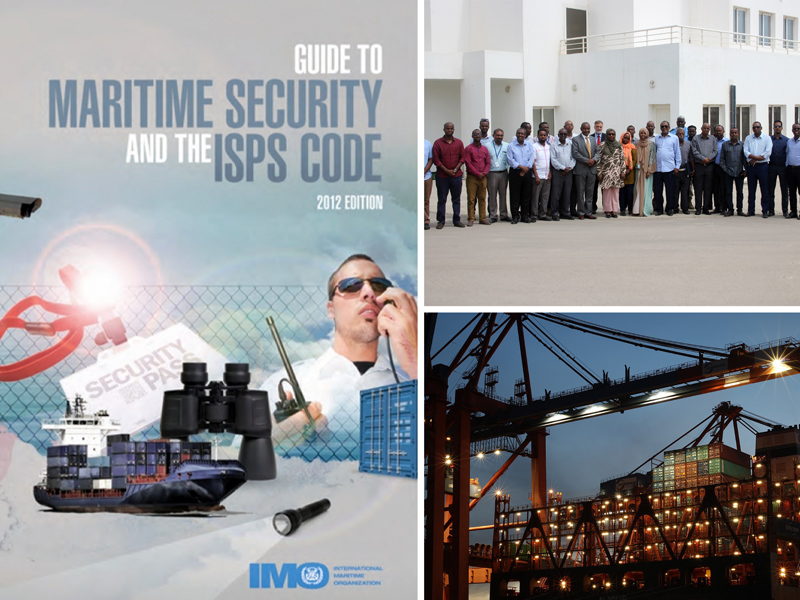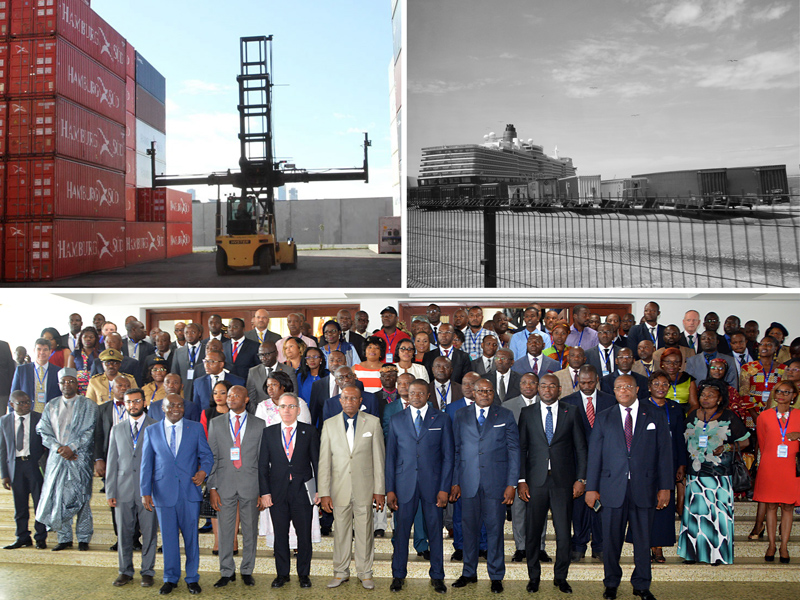Whats New 2018
President of Cyprus visits IMO
Cyprus’ President, H.E. Mr. Nicos Anastasiades, visited IMO Headquarters, London, today (18 April), touring the building, meeting senior staff and exchanging ideas about the future of shipping. The President was received by IMO Secretary-General Kitack Lim, who expressed his appreciation for Cyprus’ involvement in IMO’s work as a Member State of the Organization, and looked forward to further cooperation in the future. Cyprus is a long-standing IMO Member State, having joined the Organization in 1973. Photos of the visit can be found here.
Keeping updated on the Nairobi Wreck Removal Convention
Hazardous ship wrecks can cause many problems. Depending on
its location, a wreck may be a hazard to navigation, potentially endangering
other vessels and their crews. It may also cause substantial damage to the
marine and coastal environments, depending on the nature of the cargo. On top
of this, there is the issue of costs involved in marking and removing hazardous
wrecks. IMO’s Nairobi Wreck Removal Convention
goes some way to resolving these issues. It covers the legal basis for States
to remove, or have removed, shipwrecks, drifting ships, objects from ships at
sea, and floating offshore installations. more...
Initial GHG strategy for international shipping set for adoption
The adoption of an initial strategy on the reduction of GHG emissions from ships is one of the key items on the agenda of the IMO's Marine Environment Protection Committee (MEPC 72), which is now under way (9-13 April). Following discussions in an intersessional working group last week, the Committee is expected to instruct a working group to finalize the strategy for adoption. The Committee will also address the implementation of the 0.50% sulphur limit from 1 January 2020. Also on the busy agenda is the implementation of the Ballast Water Management (BWM) Convention. The MEPC was opened by Secretary-General Kitack Lim and is being chaired by Mr. Hideaki Saito (Japan). Click for photos. Further information here. more...
Enhancing ship/shore interface in Mozambique
When the communication between ships and port is smoothly run, shipments move more quickly, more easily and more efficiently. This is where IMO’s Facilitation Convention comes in. The benefits of the FAL Convention were highlighted during a National Seminar on Facilitation of Maritime Traffic (27-29 March), held in Maputo, Mozambique. more...
Boosting Gulf of Guinea maritime security capability
IMO participated in an annual maritime security exercise aimed at improving interoperability and cooperation among the maritime forces of Gulf of Guinea nations, Europe, and North and South America. The 2018 Obangame Express exercise (21-29 March) put special emphasis on encouraging navies and civilian agencies and different countries to work together, as envisaged in existing frameworks such as the Yaoundé Code of Conduct. more...
Face-to-face meeting to talk about the oceans
Ensuring that the many positive initiatives to protect the world's oceans are working in synergy is a key task for UN-Oceans, a UN interagency coordination mechanism for ocean issues. The group held its 17th annual face-to-face meeting (26-28 March) hosted by the Intergovernmental Oceanographic Commission of UNESCO in Paris. The meeting has allowed UN-Oceans member organisations to exchange information on current and forthcoming activities, and to identify synergies for further collaboration. more...
Poland prepares for official World Maritime Day celebration
World Maritime Day is celebrated all over the
world and
every year IMO sanctions an official “Parallel Event” to formally mark the
occasion away from the Organization’s London headquarters. This year it is the turn of Poland to host the Parallel
Event, in the port city of Szczecin (13-15 June). The 2018 Parallel Event will
focus on four key aspects of IMO’s overall theme for its 70th anniversary year,
"IMO 70: Our Heritage – Better Shipping for a Better Future". It will examine in detail green and
smart shipping, big data and cyber security, new transport routes and the
future of the maritime labour market. more...
Port security training in Djibouti
Ports provide the critical interface between the ship and the shore. For maritime trade to flow effectively, this vital infrastructure needs to be secure – and this involves people at all levels. A national maritime security training workshop in Djibouti (19-23 March) included practical exercises and a site visit to a nearby port facility as well as class-based training. more...
Reducing stowaway incidents
How to cut the
numbers of stowaways in African ports was the subject of a regional IMO seminar
in Yaoundé, Cameroon this week (20-22 March). The event gathered
representatives from nine ports* to share the actions they have taken since
2014 – when similar IMO events took place in Abidjan and Durban. more...
